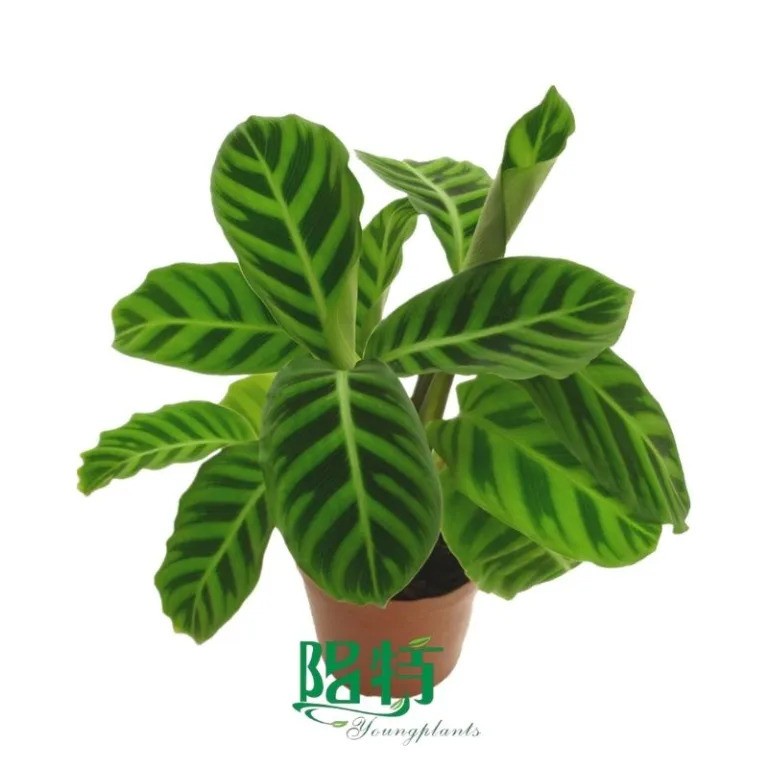In today's ever-evolving world of gardening and horticulture, there is a growing demand for unique and diverse plant varieties. Wholesale tissue culture plants have emerged as a popular solution for nurseries and garden centers looking to offer a wide range of plant options to their customers. This section explores the pros and cons of incorporating wholesale tissue culture plants into your garden center, helping you make an informed decision about diversifying your offerings.
Expanding Plant Varieties: Advantages of Wholesale Tissue Culture Plants
One of the main advantages of wholesale tissue culture plants is their ability to provide a vast selection of unique plant varieties. Tissue culture allows for the propagation of plants in a controlled environment, ensuring consistency and uniformity in terms of size, shape, and growth rate. This means that garden centers can offer an extensive range of plants that may not be readily available through traditional propagation methods. Having a diverse selection of plants can attract a wider customer base and set your garden center apart from the competition.
Quantity and Consistency: Meeting Customer Demands with Tissue Culture
Another benefit of wholesale tissue culture plants is their ability to produce plants in large quantities. Since tissue culture involves the replication of plants through cloning, a single plant can generate hundreds or even thousands of identical offspring. This makes it easier for garden centers to meet the demands of their customers, especially during peak seasons. Additionally, the uniformity of tissue culture plants ensures consistent quality, eliminating concerns about plant variability.
Healthier Starts: Disease Resistance and Environmental Friendliness
Wholesale tissue culture plants also tend to have a healthier start compared to conventionally propagated plants. The tissue culture process involves the elimination of pathogens and diseases, resulting in plants that are disease-free and more resistant to pests. This can reduce the need for chemical pesticides and fungicides, making them a more environmentally friendly choice. Furthermore, tissue culture plants are often grown in sterile conditions, ensuring they are free from weeds and other unwanted plant material.
Genetic Uniformity Concerns: Drawbacks of Tissue Culture
However, it is important to consider the potential drawbacks of wholesale tissue culture plants. One of the major concerns is genetic uniformity. Since tissue culture involves cloning, all offspring will have the same genetic makeup as the parent plant. This lack of genetic diversity can make the plants more susceptible to disease outbreaks or environmental stresses. In contrast, conventionally propagated plants exhibit genetic variation, which can increase their overall resilience.
Initial Costs and Sensitivity: Challenges of Wholesale Tissue Culture Plants
Another disadvantage of wholesale tissue culture plants is their initial cost. The equipment and techniques required for tissue culture propagation can be expensive to set up and maintain. This cost is often reflected in the higher prices of tissue culture plants compared to traditionally propagated ones. Additionally, tissue culture plants may require more attention and care during the acclimatization process, as they can be more sensitive to environmental changes.
Informed Decision-Making: Weighing the Pros and Cons
In conclusion, the incorporation of wholesale tissue culture plants into your garden center can offer numerous benefits but also pose certain challenges. The ability to provide a wide variety of unique plants, consistent quality, and healthier starts can attract customers and set your garden center apart. However, the lack of genetic diversity and higher initial costs should also be considered. Understanding the pros and cons can help you make an informed decision on whether to diversify your garden center with wholesale tissue culture plants.


No comments yet